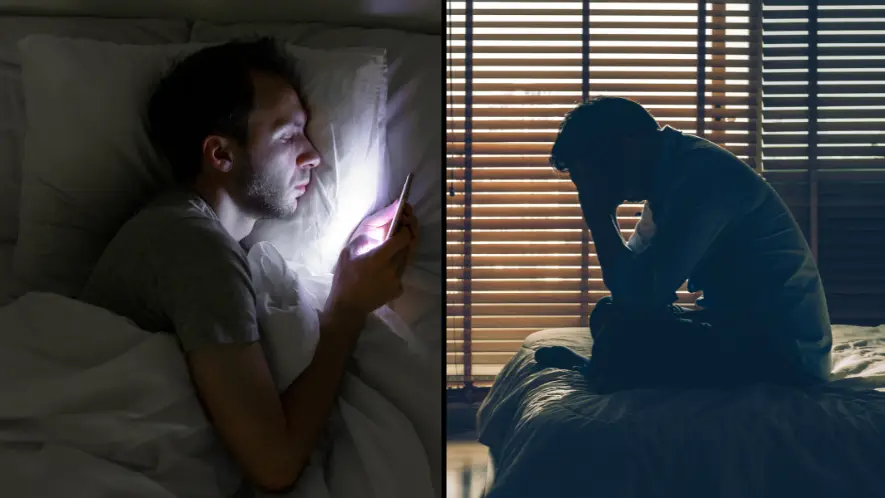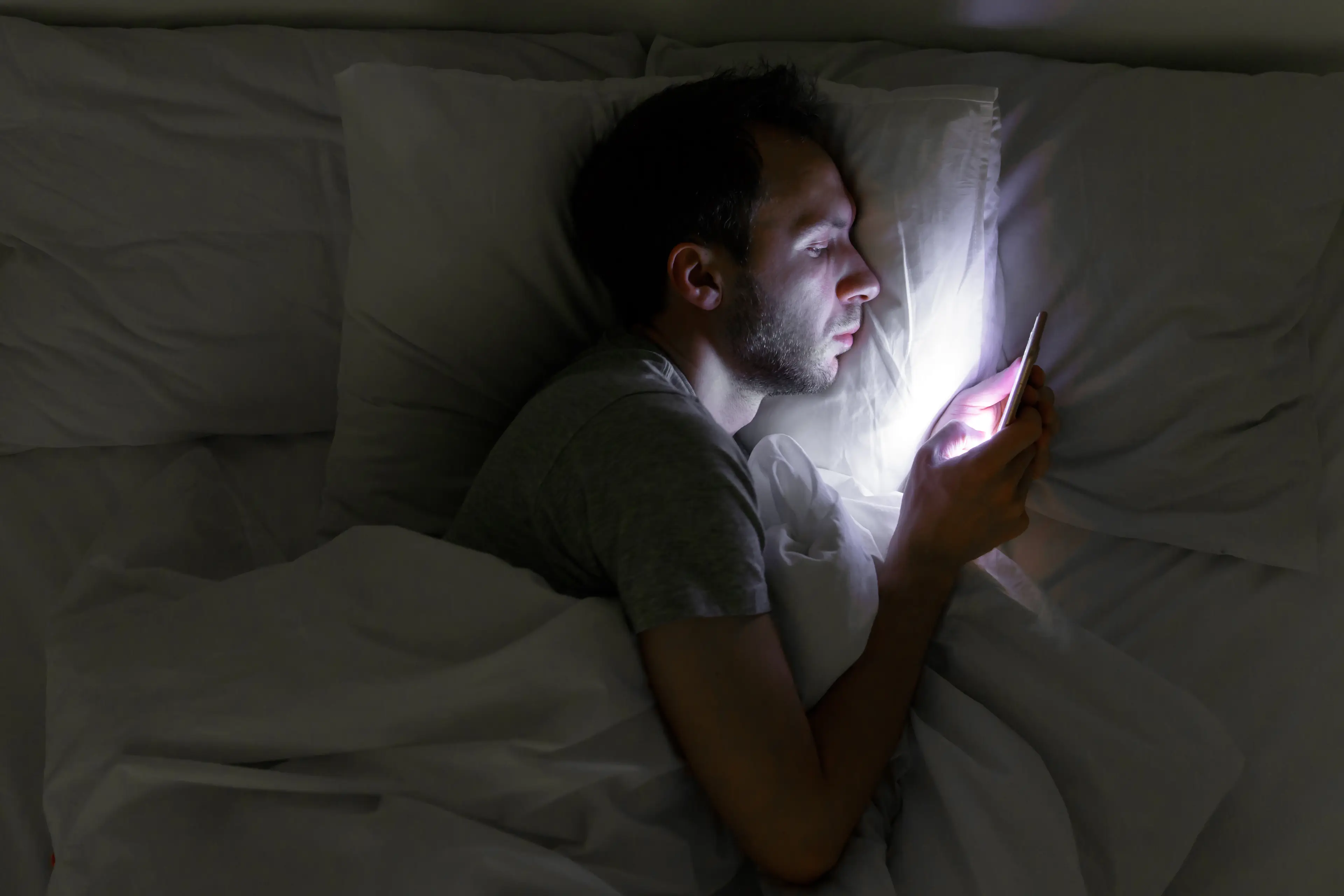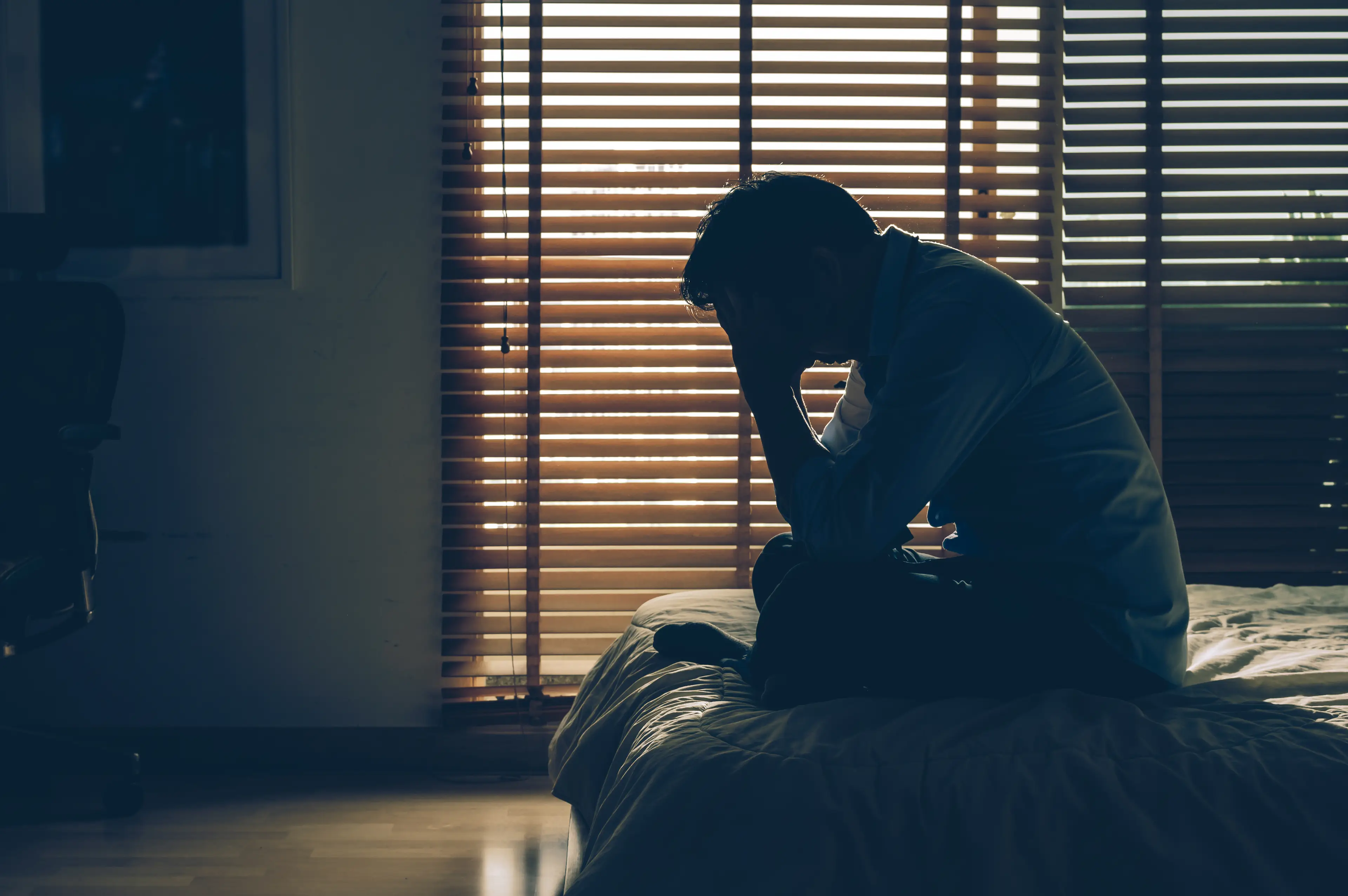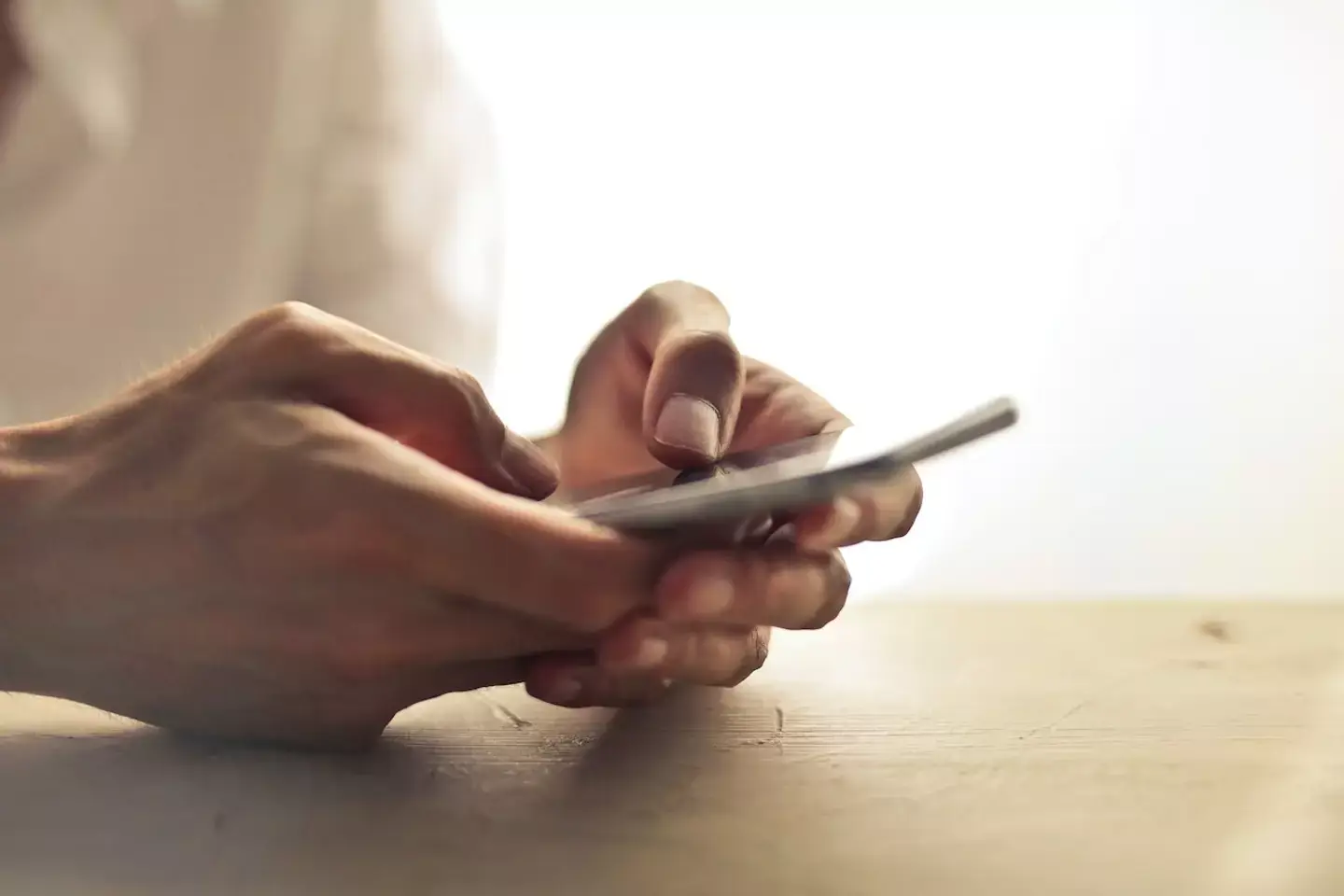
There’s a chance you’re living your life day to day all while suffering with nomophobia.
You might not even realise it’s impacting your life and likely, might never have even heard of it.
The psychological condition is a fear of a very certain thing as it's described by some as a total ‘addiction’.
Typically, ‘addiction’ might lead your mind to drugs, alcohol, vaping, smoking, gambling, even sex. You get the picture.
Advert
But really, there’s endless things people can be addicted to and are often overlooked. Perhaps you can’t bear to be alone without your phone.

And this fear of not having it is known as ‘Nomophobia’.
Look a little closer and you’ll realise – NO MObile PHone phOBIA.
Mental disorders - social phobia, social anxiety - and panic disorders can develop as a result of Nomophobic symptoms.
"It is very difficult to differentiate whether the patient becomes Nomophobic due to mobile phone addiction or existing anxiety disorders manifest[ed] as Nomophobic symptoms," study - NOMOPHOBIA: NO MObile PHone PhoBIA – suggests.
In fact, 66 percent of the world population show signs of nomophobia, SlickTest has reported, and here are five signs you could be suffering from the condition, according to Time To Log Off:
1) You feel anxious when your phone battery gets low
2) You can't leave the house without your smartphone
3) You feel annoyed when you can't access your phone
4) You put your life or others' lives at risk to check your smartphone
5) You use your phone to check for work updates while on holiday

And a lot of us can probably relate to at least one of those symptoms. But the good news is that there is a way out.
Like any addiction, there is more than one way to sort out the problem.
Dr. Anna Lembke, an addiction expert and a professor of psychiatry and behavioural sciences at Stanford University, explained to the New York Times that 'there is a growing number of mental health specialists who recognize that people can get addicted to their smartphones'.
Dr. Lembke suggested to take a 'screen test'.
By finding out how long you spend on your phone, you can figure out what the best strategy is, by first, taking accountability.
Next, is to set some rules around your daily smartphone use.
“It sounds trivial, like an old-fashioned analog solution. But we know from decades of psychology that things closest to us in physical space have the biggest effect on us psychologically,” Adam Alter - a marketing and psychology professor at New York University’s Stern School of Business - said.

“If you allow your phone to join you in every experience, you’re going to be drawn to it and you’re going to use it. Whereas if you can’t physically reach it, you’re going to use it less.”
Setting app limits, leaving your phone in another room, and spending more time outdoors are all ways you can overcome your addiction.
But it's important to remember that our mobile phones are a useful tool in our work and personal life, just make sure you use it in moderation.
“Use apps that enrich your life, that add value and meaning or that you need for work, not ones that take you down a rabbit hole,” Dr. Lembke said.
“The big question to ask yourself with screens is: ‘What else could I be doing right now? Is there something I could be doing that would be better for me?’" Dr. Alter said.
Topics: Mental Health, Technology, Health